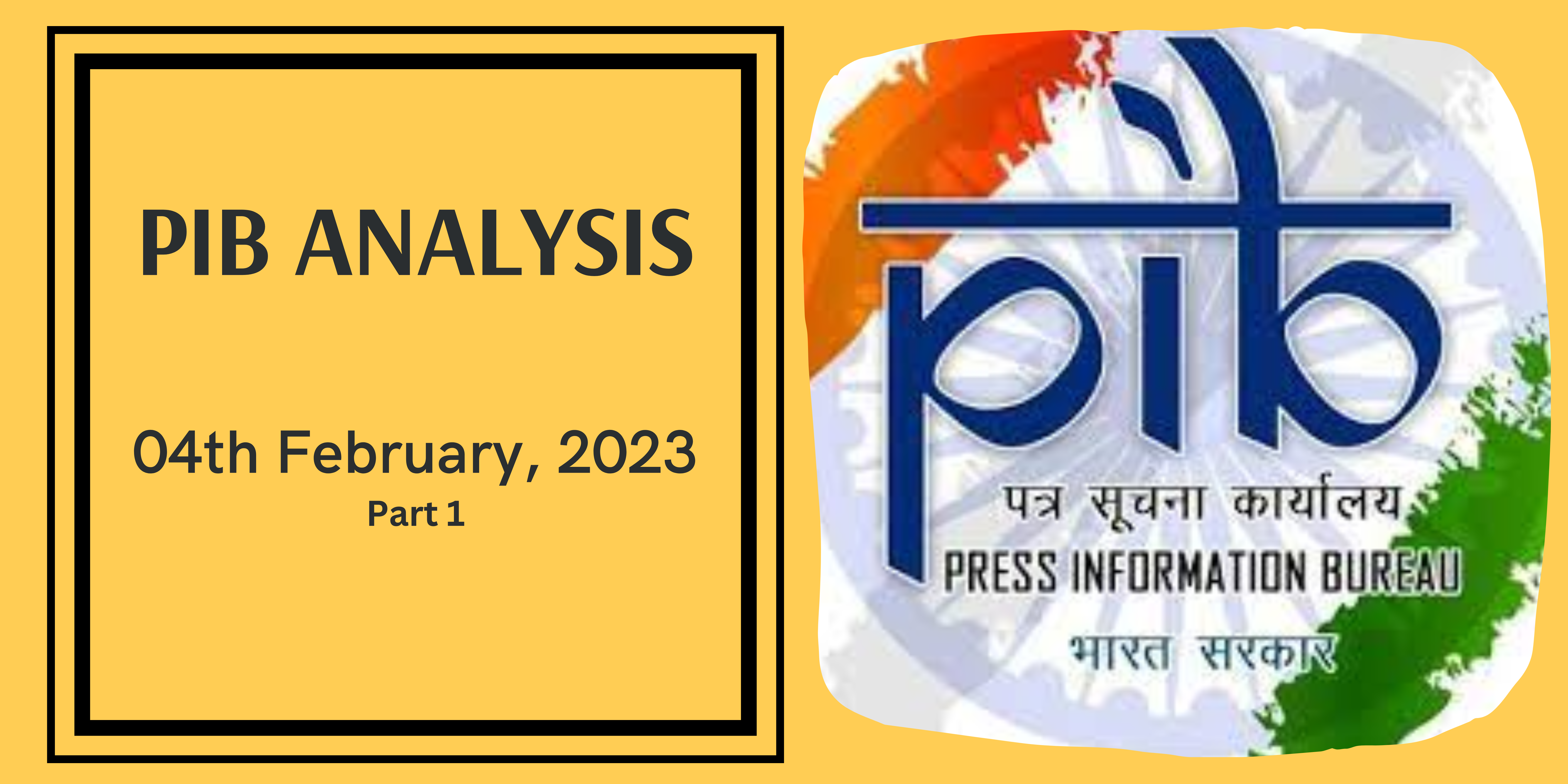India’s Investment in Fundamental Research for Reliable Drug Development
Context:
Negotiations for a free trade agreement between India and the European Free Trade Association (EFTA) are underway, with intellectual property rights being a contentious issue.
- Data exclusivity, a provision that restricts access to clinical trial data, poses a challenge to India’s generic drug industry.
Relevance:
GS-02 GS-03 (Government Policies & Interventions, Industrial Growth)
Prelims:
India’s pharmaceutical industry, World Health Organization (WHO), Central Drugs Standard Control Organisation (CDSCO), Intellectual property rights.
Mains Question:
Discuss the implications of data exclusivity on India’s generic drug industry and its stance in trade negotiations with the European Free Trade Association (EFTA). Evaluate the importance of investing in fundamental research to strengthen India’s pharmaceutical sector and foster drug innovation in the context of evolving global trade dynamics. (250 words)
India’s Pharmaceutical Industry: Current Landscape and Challenges
- Overview: India stands as the world’s largest manufacturer of generic medicines, wielding a profound influence on global healthcare by providing cost-effective generic drugs that greatly benefit the global populace. With a valuation of USD 50 billion, the Indian pharmaceutical sector serves as a vital exporter, extending its reach to over 200 countries worldwide.
- Projections: Forecasts indicate that the industry is poised for remarkable growth, with expectations of reaching USD 65 billion by 2024 and an impressive USD 130 billion by 2030.
Challenges Faced by India’s Pharma Sector:
- Intellectual Property Rights (IPR) Violations: Indian pharmaceutical firms have encountered allegations of breaching Intellectual Property Rights (IPR) regulations, leading to legal disputes with multinational counterparts. A notable case involved Roche, a Swiss pharmaceutical giant, and Cipla, an Indian drug manufacturer, in 2014. Roche accused Cipla of patent infringement concerning the cancer drug Tarceva. The ensuing legal battle culminated in a Delhi High Court ruling favoring Roche, with Cipla directed to pay damages.
- Pricing and Accessibility: India’s reputation for manufacturing generic drugs has significantly contributed to global healthcare affordability. However, domestically, concerns persist regarding pharmaceutical pricing. Striking a balance between ensuring affordable medicines and sustaining pharmaceutical profitability remains a nuanced challenge.
- Healthcare Infrastructure and Accessibility: Despite the robust pharmaceutical industry, accessibility to healthcare remains a pressing issue for a considerable segment of India’s populace. Challenges such as inadequate healthcare infrastructure, disparate distribution of medical facilities, and limited health insurance coverage pose significant barriers to healthcare access.
Dimensions of the Article:
- Intellectual Property Rights and Drug Development
- Challenges Posed by Data Exclusivity
- Investment in Fundamental Research
Intellectual Property Rights and Drug Development:
- The ongoing negotiations between India and the European Free Trade Association (EFTA) have reignited discussions on intellectual property rights (IPR) particularly concerning the pharmaceutical sector.
- With Switzerland and Norway who are the key EFTA members that are hosting major pharmaceutical companies, issues surrounding patents and data exclusivity have come to the forefront.
- While patents provide inventors with exclusive rights over their discoveries for a limited period, data exclusivity adds another layer of protection by restricting access to clinical trial data.
Challenges Posed by Data Exclusivity:
- Data exclusivity, if incorporated into trade agreements, could pose significant challenges to India’s generic drug industry.
- By preventing the use of clinical trial data for a specified period, this provision would limit the production of affordable generic drugs, a cornerstone of India’s pharmaceutical sector.
- Despite India’s rejection of data exclusivity in FTA negotiations, leaked drafts indicate its potential inclusion, raising concerns about its impact on the accessibility of essential medicines.
Investment in Fundamental Research:
- India’s evolving role in the global pharmaceutical landscape highlights the importance of investing in fundamental research to drive drug innovation and development.
- Although there is a perception that drug development is exclusively confined to Western countries, India still has demonstrated its capability to develop novel technologies, particularly evident during the COVID-19 pandemic.
- However, to sustain and enhance its pharmaceutical industry, India must cultivate an ecosystem conducive to ethical drug trials and the creation of new molecules and therapeutics.
Way Forward:
Fostering Innovation through Research Investment:
- To navigate the evolving landscape of global pharmaceutical trade, India must prioritize investment in fundamental research.
- By nurturing a robust research ecosystem, India can foster innovation and develop reliable drugs that address both domestic and international healthcare needs.
- Investing in research infrastructure and capacity-building initiatives will empower Indian scientists and researchers to compete on a global scale.
Balancing Intellectual Property Rights and Public Health:
- While acknowledging the importance of protecting intellectual property rights, policymakers must also prioritize public health interests.
- Balancing the need for innovation with the accessibility of essential medicines is essential to ensure equitable healthcare access for all.
- Therefore, trade negotiations must carefully consider the implications of provisions like data exclusivity on healthcare affordability and accessibility.




